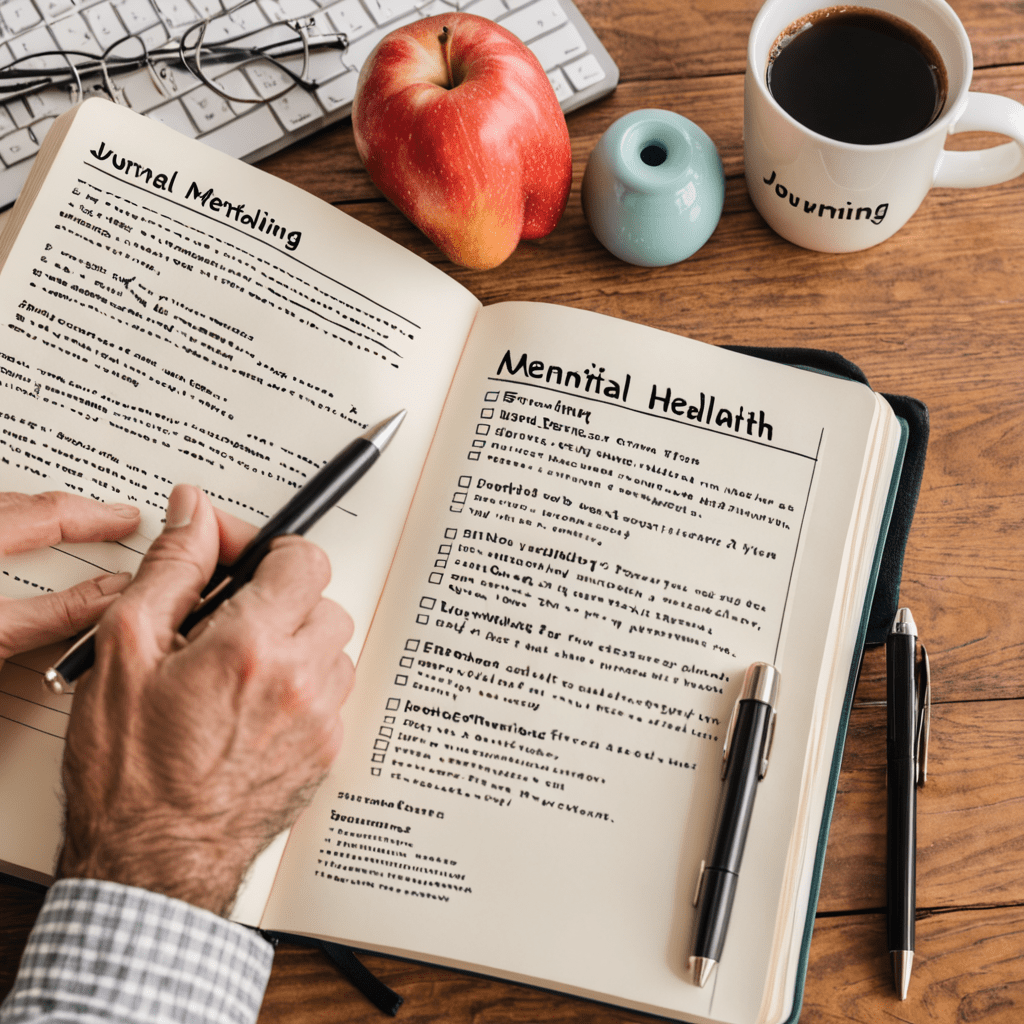
Overcoming Insomnia: Tips for Better Sleep and Mental Health
Understanding Insomnia
Insomnia is a common sleep disorder characterized by difficulty falling asleep, staying asleep, or experiencing non-restorative sleep. It can lead to daytime fatigue, irritability, and impaired concentration. Understanding the root causes of insomnia is crucial to finding effective solutions.
Establishing a Sleep Routine
Creating a consistent sleep schedule can help regulate your body’s internal clock. Try to go to bed and wake up at the same time every day, even on weekends. This routine can signal your body when it’s time to sleep, making it easier to fall and stay asleep.
Creating a Relaxing Environment
Transform your bedroom into a sleep-friendly oasis by keeping it dark, quiet, and cool. Consider using earplugs, eye masks, or white noise machines to block out disturbances. Additionally, remove electronic devices that emit blue light, as it can interfere with your body’s production of melatonin, a hormone that regulates sleep.
Healthy Sleep Habits
Engage in relaxing activities before bed, such as reading a book, taking a warm bath, or practicing deep breathing exercises. Avoid stimulants like caffeine and nicotine in the hours leading up to bedtime. Regular exercise can also promote better sleep, but try to avoid vigorous workouts close to bedtime.
Managing Stress and Anxiety
High levels of stress and anxiety can exacerbate insomnia. Practice stress-reducing techniques like mindfulness meditation, yoga, or progressive muscle relaxation. Keep a journal to jot down your worries before bed, helping you declutter your mind and promote relaxation.
Diet and Sleep
What you eat and drink can also impact your sleep quality. Opt for light, healthy snacks before bed to avoid discomfort. Avoid heavy meals, caffeine, and alcohol close to bedtime. Consider herbal teas like chamomile or lavender, known for their calming effects.
Seeking Professional Help
If insomnia persists despite trying these tips, consider seeking help from a healthcare professional. They can assess underlying medical conditions, prescribe medications if necessary, or recommend therapies like cognitive-behavioral therapy for insomnia (CBT-I).
By implementing these strategies, you can improve your sleep quality, enhance your mental health, and enjoy a more rejuvenating and restful night’s sleep. Remember, consistency is key, so be patient with yourself as you work towards overcoming insomnia for better overall health and well-being.
FAQs about Overcoming Insomnia: Tips for Better Sleep and Mental Health
What is Insomnia?
Insomnia is a common sleep disorder characterized by difficulty falling or staying asleep, leading to inadequate rest and functioning during the day.
How does Insomnia Impact Mental Health?
Insomnia can significantly affect mental health by contributing to symptoms of anxiety, depression, irritability, and impaired cognitive function.
What are the Tips for Overcoming Insomnia?
Some tips for overcoming insomnia include maintaining a consistent sleep schedule, creating a relaxing bedtime routine, limiting caffeine and screen time before bed, and creating a comfortable sleep environment.
Why is Good Sleep Important for Mental Health?
Good sleep is crucial for mental health as it allows the brain to rest and restore, promoting emotional well-being, cognitive function, and overall mental health stability.


